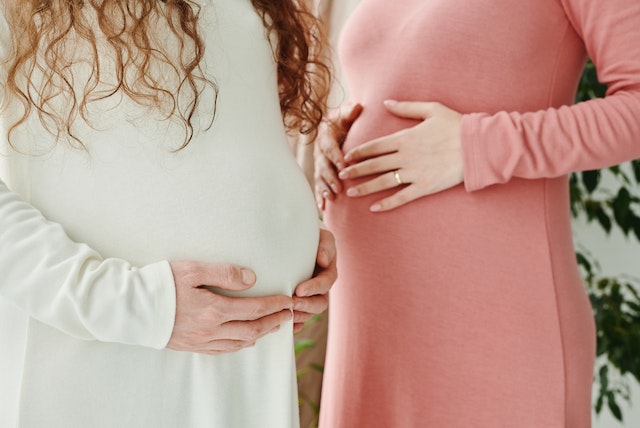28 weeks pregnant
Find out what to expect from every week of your pregnancy.
Calcium
Make sure you’re getting enough of this natural inner Armour.
Keeping healthy
Learn how to stay active safely throughout your pregnancy.

Vitamin D
Discover the role Vitamin D plays in your baby’s development.
Exercise
Keep up your normal daily physical activity or exercise (sport, yoga, dancing, or even walking to the shops and back) for as long as you feel comfortable. Exercise is not dangerous for your baby.


